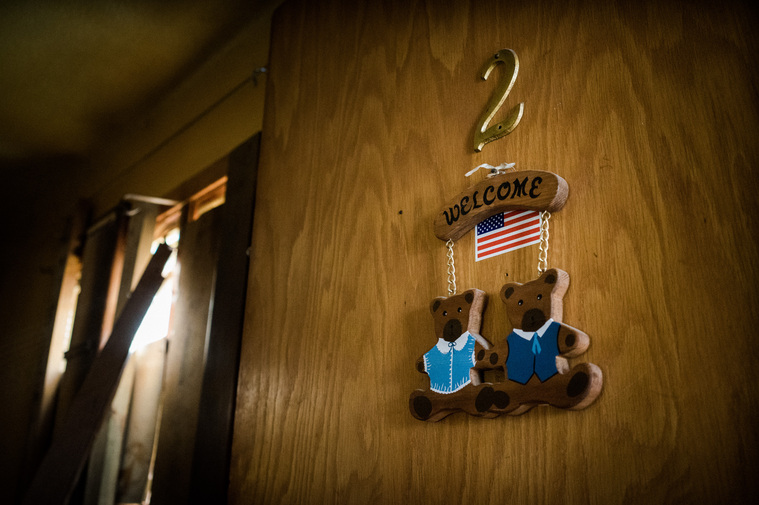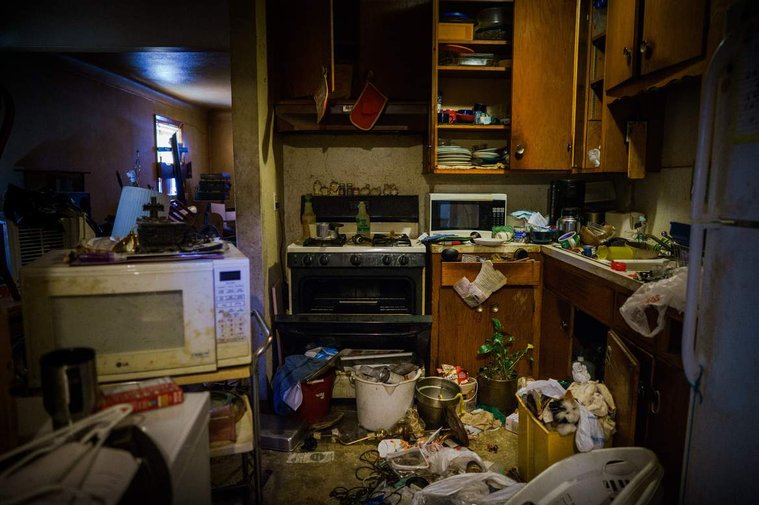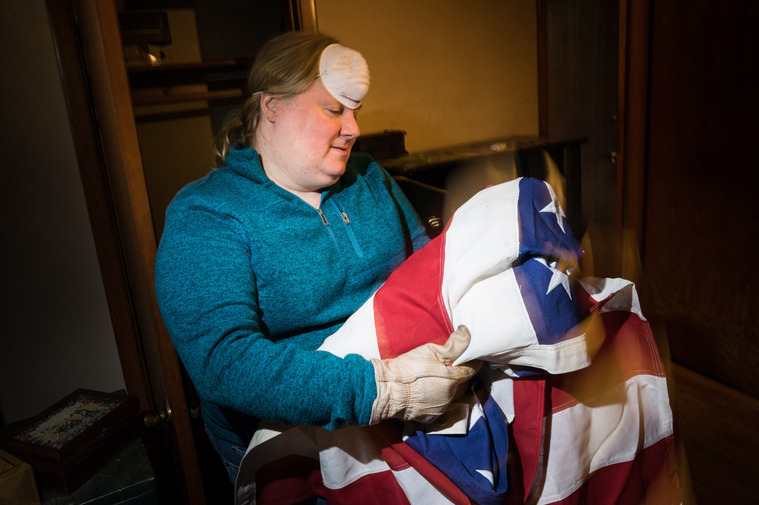Unit Two
Hate crimes against trans people in the US are disturbingly common. The rise of authoritarian conservatism has only exacerbated the problem, with bigots growing ever more emboldened by hateful rhetoric from elected officials and other public figures. Many victims of anti-trans hate crimes–who are already at a disadvantage when it comes to accessing support through institutional channels–struggle to bounce back following an attack.
Anna Sullivan, a transgender landlord in Minneapolis, is one such victim.
Anna Sullivan jolted awake at 3am on March 21, 2018 to the sound of music blasting from the unit directly below hers. That unit–number two in the fourplex she’d just inherited from her late father–had been vacant for over a month after a previous tenant left. But from the sounds of it, someone was back.
Thus began six of the most terrifying days of Anna’s life.
In just under a week, transphobic vandals looking to wreak havoc on the new landlord broke into her building and caused around $75,000 in property damages. They ran faucets nonstop, broke appliances, destroyed flooring, played loud music at all hours, and left piles of rotting garbage in their wake.
The squatters made their motives clear when Anna confronted them. “[They claimed] that my friends and I were going to hell and that we were freaks, servants of Satan, and that we should all be destroyed,” she said. “There was another one that told me I better run, faggot.”
Having her home under siege at all hours by people who hated her very existence filled Anna with terror, but Anna feels she suffered equally at the hands of those who responded to her appeals for help. “I still feel victimized by the police just as much as the vandals,” she said. She called the police several times during the occupation, but responding officers told her in the presence of the squatters the issue was a civil matter, and that they would not help her no matter how much damage the vandals did to the property. The police ignored her insistence that none of the squatters were on the lease, receiving mail at the address, or otherwise capable of proving their right to stay on the premises, and told her to stop calling them. She continued calling.
The squatters stayed in Unit Two for six days. They finally left after one of them overdosed on drugs and had to be taken to the hospital.
Anna, a 50 year-old transwoman, had moved back to her hometown of Minneapolis from Las Vegas in July 2016 to help her sick father manage the fourplex he occupied and rented out. When he died suddenly only a month after Anna arrived, she was left to manage the struggling investment on her own with no prior property management experience.
Anna wanted to use the space as a resource for the local trans community. Dedicated community spaces for queer and trans people in Minneapolis/Saint Paul are few and far between, with queer cafes, art spaces, and health centers fighting a constant uphill battle against the rising costs of gentrification. Anna envisioned the house becoming “the only place [in the Twin Cities] that transgender and gender non-conforming people could call me and have a safe place to go 24/7. Even if I can only offer a couple hours to hang out someplace safe for a bit and watch a movie.”
Before the break-in, pieces of Anna’s vision for a trans community space in her building had been materializing. Another trans couple began renting there after meeting Anna through mutual friends. She had also hosted a few meetings for the trans support group she attends following the closure of the café where meetings previously took place.
After the break-in, Anna just focused on cleaning up the damage and keeping herself alive. Her mother had died only two weeks beforehand, and had chosen not to see Anna at the end of her life because Anna had recently come out to her as transgender.
The home invasion broke something inside her. “I cried for the first time in two decades, something that I’m usually not capable of because of the trauma that I’ve been through,” she said. “Suicide crept into my mind for a little while. I was like, there’s nothing here for me. I don’t have any family anymore.”
Anna survived 2018, but in many ways is still plagued by those terrifying six days in March. Unit 2 is still a mess, with reconstruction stalled due to lack of funds. The police made no record of property crimes, only noise violations, so she was not able to access enough reimbursement to cover the extensive damages. She is now behind on rent and could be facing eviction in the months to come. “The contractors all took advantage as well,” she added. “I am left with the feeling that the whole state of Minnesota screwed me for being a trans woman.”
Still, the small community in Anna’s building has grown. Another trans couple moved into the habitable lower unit after facing housing discrimination elsewhere, meaning all five of the people living there now are trans. The renewed sense of mutual support and camaraderie of living with fellow transpeople doesn't make up for the paucity of support from the police and other institutions, but it's a start.
“If it wasn't for living in a gender fluid apartment building supporting each other, I think I would have gone crazy a long time ago,” Anna said. “I lost a family and gained another.”







